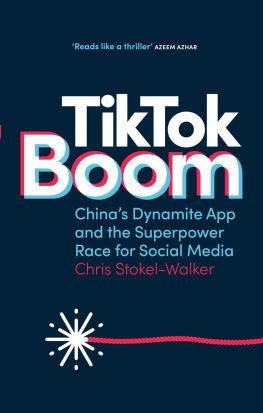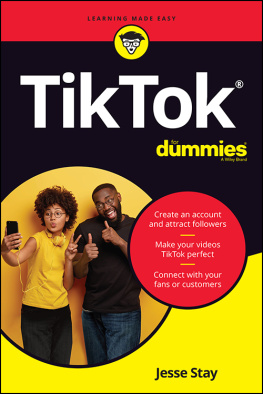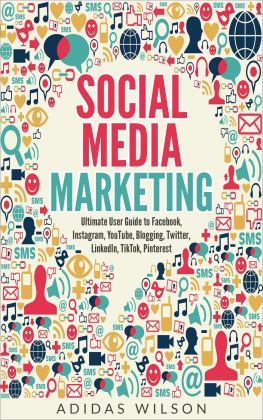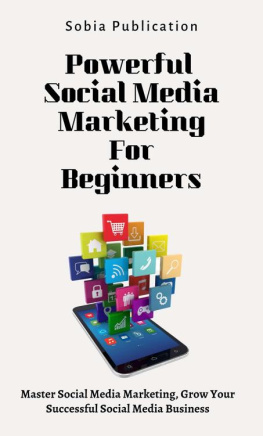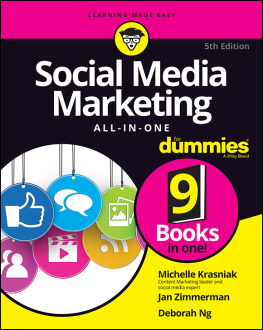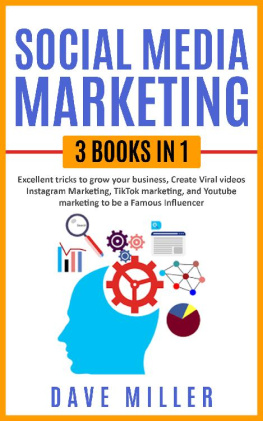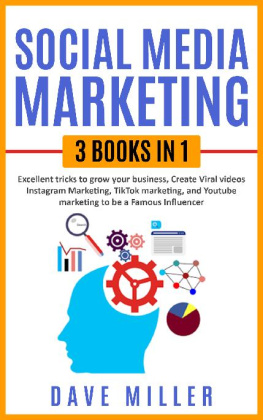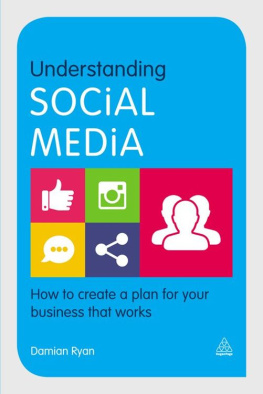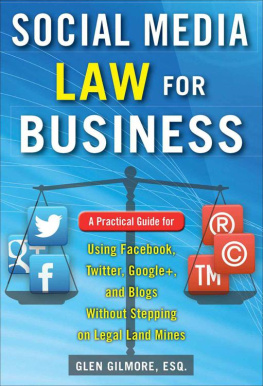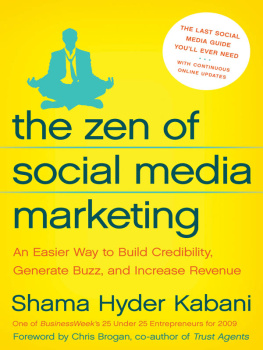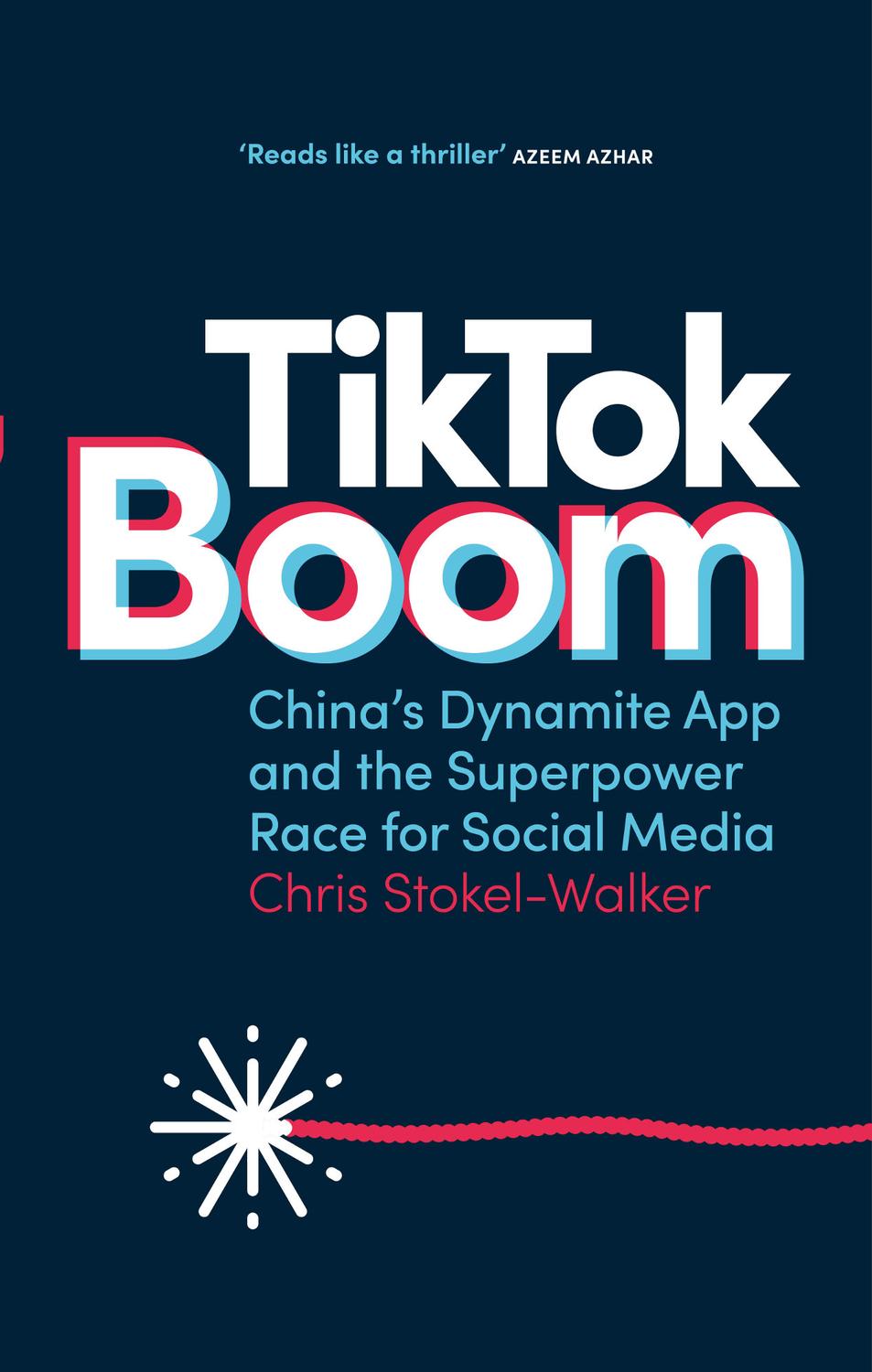Chris Stokel-Walker - TikTok Boom: Chinas Dynamite App and the Superpower Race for Social Media
Here you can read online Chris Stokel-Walker - TikTok Boom: Chinas Dynamite App and the Superpower Race for Social Media full text of the book (entire story) in english for free. Download pdf and epub, get meaning, cover and reviews about this ebook. year: 2021, publisher: Canbury Press, genre: Politics. Description of the work, (preface) as well as reviews are available. Best literature library LitArk.com created for fans of good reading and offers a wide selection of genres:
Romance novel
Science fiction
Adventure
Detective
Science
History
Home and family
Prose
Art
Politics
Computer
Non-fiction
Religion
Business
Children
Humor
Choose a favorite category and find really read worthwhile books. Enjoy immersion in the world of imagination, feel the emotions of the characters or learn something new for yourself, make an fascinating discovery.
- Book:TikTok Boom: Chinas Dynamite App and the Superpower Race for Social Media
- Author:
- Publisher:Canbury Press
- Genre:
- Year:2021
- Rating:4 / 5
- Favourites:Add to favourites
- Your mark:
TikTok Boom: Chinas Dynamite App and the Superpower Race for Social Media: summary, description and annotation
We offer to read an annotation, description, summary or preface (depends on what the author of the book "TikTok Boom: Chinas Dynamite App and the Superpower Race for Social Media" wrote himself). If you haven't found the necessary information about the book — write in the comments, we will try to find it.
It is rare for a business analysis to read like a thriller this one does. Azeem Azhar, Founder, Exponential View
Vital to understanding how[TikTok] works and the impact its having. Damian Collins MP, former chairman of the House of Commons Digital, Culture, Media and Sport Select Committee
TikTok Boom is a must read for students, scholars, and policy makers. David Craig, Clinical Professor, USC Annenberg
TikTok is the new force in social media. Just a few years after its launch, TikTok has one billion accounts.Every day hundreds of millions of teenagers are gripped by its brief videos, powered by a secretive algorithm that can propel a meme or or a user or a product to global stardom within minutes. Multi-national businesses are scrambling to harness its raw marketing power.
TikTok is a cultural hurricane, making instant hits of new and long-fogotten songs, books and TV shows, and a constant political and social commentary, playing out every minute of the day in tens of millions of videos.
TikTok is also the first app outside the United States to challenge Silicon Valleys dominance of social media. Aware of the Chinese apps challenge to Facebook, Twitter and YouTube, Donald Trump tried to ban TikTok. TikTok is already banned in India.
TikTok Boom reveals how TikTok has spread exponentially in the West since its launch in 2017. Its owner, ByteDance, wants to become Chinas answer to Google and has rolled out TikTok using smart tactics revealed for the first time in the book.
Using a range of sources deep inside and outside ByteDance, TikTok Boom reveals the story of its founder Yiming Zhang and its origin in another app in China, Douyin. It follows the social media battle between short-form video apps and TikToks final triumph after its merger with Musical.ly. It offers never-before-seen insights into TikToks new influencer ecosystem. And it charts the increasing superpower tech rivalry between China and the West which is posing questions about TikToks safety.
TikTok Booms author Chris Stokel-Walker has interviewed scores of people connected to the worlds hottest app, including current and former employees, and some of TikToks biggest names in front of and behind the lens. He explores the culture of ByteDance and finds out what has happened to its founder, Yiming Zhang, as the Chinese Communist Party seeks to reel in the countrys runaway tech industry.
TikTok Boom is a nuanced, informed and incisive read on the characters and strategies behind the worlds new tech order, in a gripping read that has won plaudits from technologists. Its rich peopled with characters. TikTok Boom is the essential book for anyone who wants to know what TikToks success means for culture, technology, geopolitics, marketing and advertising.
Find out where TikTok came from and where its going. Find out how TikTok Works and whether it can work for you.
Reviews
A careful, detailed teardown of the people, culture and...
Chris Stokel-Walker: author's other books
Who wrote TikTok Boom: Chinas Dynamite App and the Superpower Race for Social Media? Find out the surname, the name of the author of the book and a list of all author's works by series.

